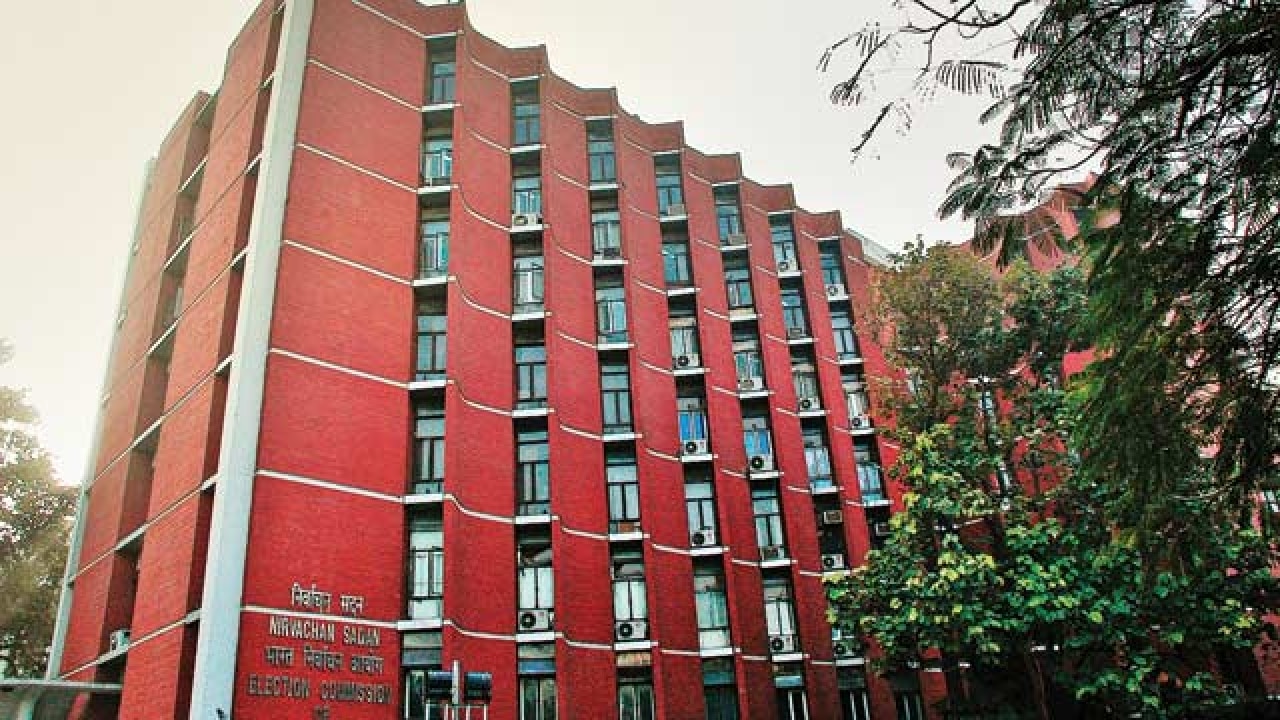
The Prime Minister announced on July 1, 2017, at an event organised by the Institute of Chartered Accountants of India (ICAI) in New Delhi that “one lakh companies were struck off the list by the stroke of a pen. The names of those companies have been removed from the register of companies.” It was reported on July 10 that “1.42 lakh companies were sent notices by the Registrar of Companies for removing and dissolution from the register of companies”.
The reason given for de-registration is that the companies “did not carry out any business or operation in the previous two financial years”. The Prime Minister had also said on July 1 that “whatever data mining has been done till now has revealed that the transactions of more than 3 lakh companies — registered companies — are under the radar of suspicion.” He had said that the government had identified 37,000 shell companies who were engaged in hiding black money and hawala transactions.
The logic is simple and straightforward. Companies are set up by groups of people to do business, and that is the purpose of them being registered under the Companies Act. If they do not engage in any business activity for extended periods of time, there is no reason for them to exist as companies, and hence it is correct to cancel their registration. Over and above that if they indulge in illegal actions such as dealing in black money or hawala, they must be prosecuted under law.
This is a laudable action. Actually, it is so good that there is a very good case for it to be applied in other areas of public functioning. Political parties present themselves as prime candidates.
A political party comes into being under law when a body is registered as a political party by the Election Commission (EC) of India under Section 29A of the Representation of the People Act. At the last count, there were over 2,000 ‘registered’ political parties in the books of the EC. It is estimated that only about 250 of these contest elections. The remaining 1,750 or so seem to exist merely on paper, and there is no information about them engaging in any meaningful political activity. On the other hand, there are apprehensions that some of these ‘registered’ but inactive political parties exist merely to enjoy 100 per cent exemption from income tax that Section 13A of the Income Tax Act grants to political parties.
About 10 years ago, the then Chief Election Commissioner of India wrote a letter to the then Prime Minister pointing out this fact (the total number of ‘registered’ political parties, at that time, was around 1,200), specifically mentioning that it was suspected that some of the ‘registered’ but inactive political parties might be indulging in dubious transactions pertaining to unaccounted money. Sadly, but not unexpectedly, the government took no action.
A logical question to ask is: Why does the EC not de-register these ‘registered’ but inactive political parties? The answer is simple. The Supreme Court, in a judgment in 2002 (Indian National Congress (I) vs Institute of Social Welfare & Ors), said that the EC does not have the authority to de-register political parties. The Court admitted that usually the registering authority does have the power to de-register, but maintained that the registration of political parties is different from other forms of registration.
This has resulted in a situation that once a political party is registered, it just cannot be de-registered!
Now that the government has found that de-registration can be a useful tool, and the unscrupulous behaviour of some political parties is in the public domain, it may be useful to have a mechanism for their de-registration. One thing that the government can do is to file a review petition in the Supreme Court asking the court to review the May 2002 judgment and grant the EC powers to de-register political parties who do not contest elections for 2, 3, or 5 years.
It is true that any public spirited person or group can file such a petition, but the impact would be much more if the government were to file it.
Governments in India have been partial to political parties in the past and considered them to be above the laws that apply to normal mortals and companies. One hopes this government will uphold the logic for the rule of law.
The author is a former Professor, Dean, and Director In-charge of IIM, Ahmedabad. Views are personal.